The year 2016 was momentous in politics and celebrity deaths, but also in the field of technology law. Here’s our wrap-up of the five most significant tech cases that hit the judiciary in the past year.
The 5 Top Technology Law Cases In 2016
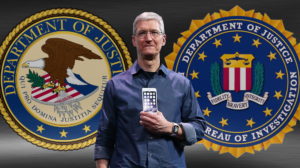

The year 2016 was momentous in politics and celebrity deaths, but also in the field of technology law. Here’s our wrap-up of the five most significant tech cases that hit the judiciary in the past year.

With recent focus on warrantless GPS tracking by government, the business community may have concluded prematurely that location privacy is of concern only to hackers and criminal enterprises. Four recent developments show that location privacy is a serious business issue, too.
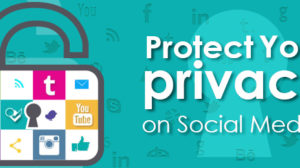
Like most legal subjects dealing with technology, copyright law is lagging behind the fast-moving and disruptive changes wrought by social media to old legal rules for determining rights to Internet content. Things may at last be getting a bit more settled.

This is the SlideShare copy of my webinar presentation this afternoon for the SociaLex conference, focusing on the legal issues arising in connection with social media and managing socmedia legal risks in the enterprise.
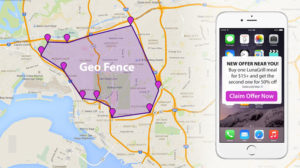
I’m not sure I am altogether comfortable with this technology, yet.
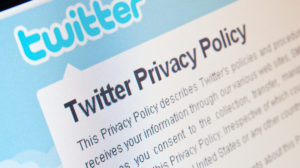
Much of what occurs online, like blog posting, is intended to be an open declaration to the world, and law enforcement is within its rights to read and act on what is written.
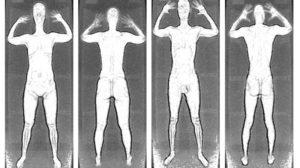
Yesterday the U.S. House of Representatives voted to restrict TSA from conducting what have become known as “virtual strip-searches.”

Supreme Court nominee Sonya Sotamayor is unlikely to have influence on the Court’s cyberlaw jurisprudence, because there basically is none. The evolution of this rapidly changing medium really does not need the glacial pace at which the SCOTUS decides issues
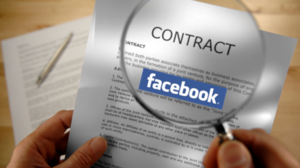
Facebook was possibly wrong (although correct from a customer relationship standpoint) to argue that it needed a license from one user to display his/her content on the “Wall” of another user, even when the first person had affirmatively decided to share that UGC by posting it within Facebook.

Cisco will start to embed “lawful interception” capability into its router products. This is just another sign that the days of anonymity on the Internet are numbered.